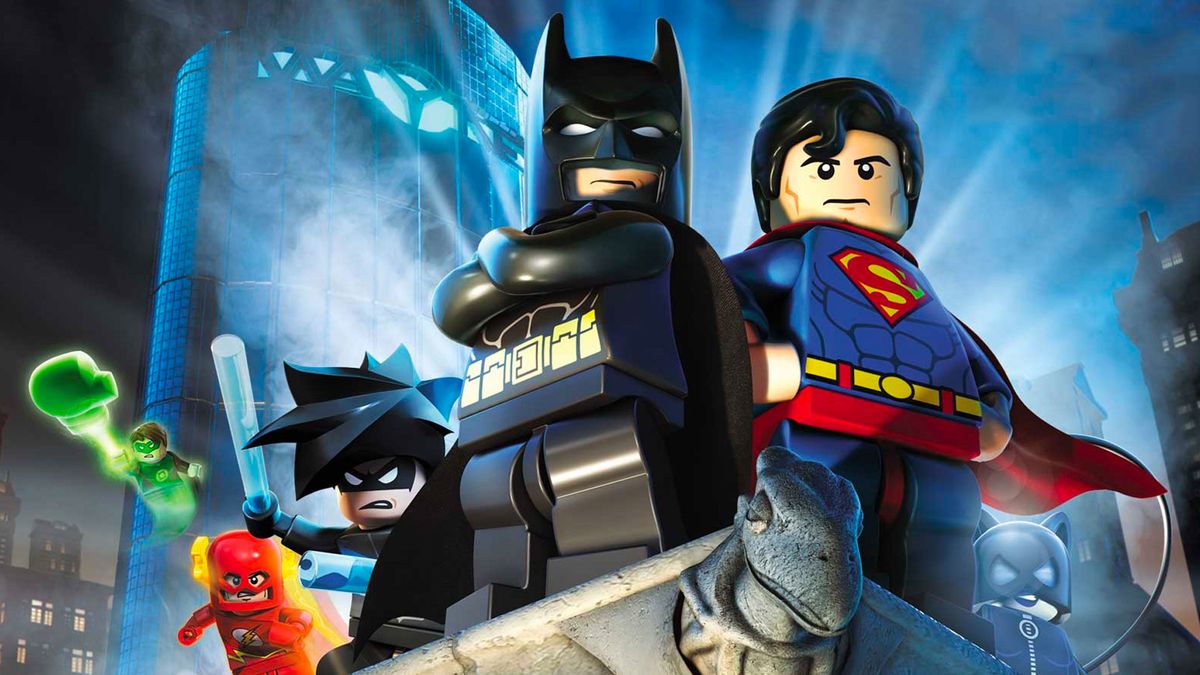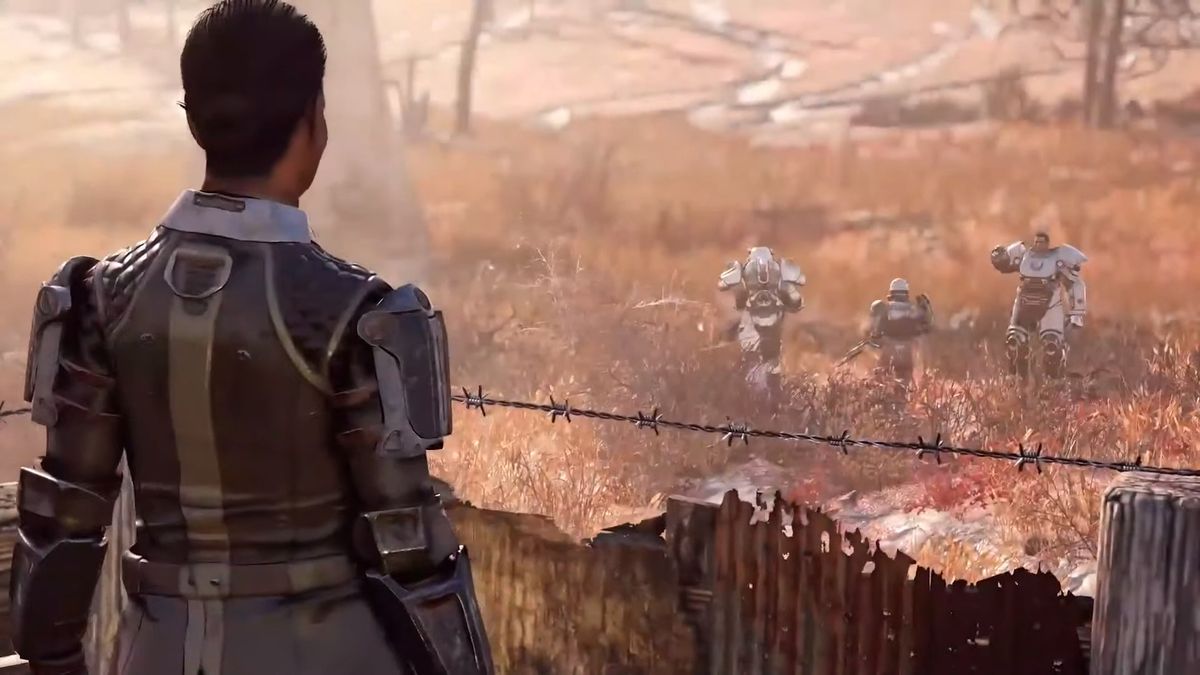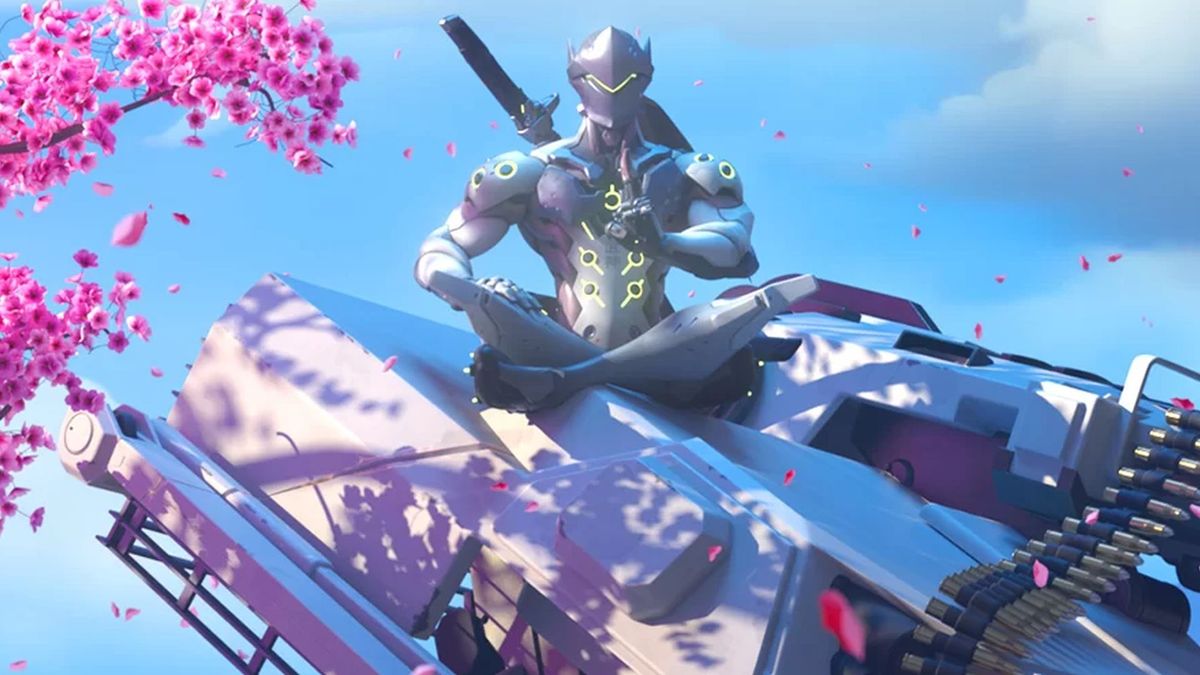The new console generation, hmmm? Is it coming soon? Is it, Daddy? Is it coming soon? Ooh, exciting! How long do we have to wait? Will the PS4 come with four terabyte Green-ray drives? Will the new Xbox project hologram controls into my mind so that I can socially-network my generic social “experiences” in my social sleep (while streaming Netflix)? Will the Wii U’s innovative new soul-powered controller bring about gaming experiences so sociable and all-welcoming that I actually physically bond with my family. Will it also be more powerful than all of NASA and be so hardcore that Call of Duty goes exclusive, along with all of the rest of Activision forever?

Above: That exciting Xbox 720 “teaser” joke in Real Steel? It did not excite me
You know what? I sort of don’t care at the moment. Even if all of the above were confirmed at E3 2012, it wouldn’t be enough to get me fired up. Because whatever tedious social marketing buzzwords and third-party advertising deals Microsoft decides to build the infrastructure of its new console around, whatever old-tech-repackaged-as-a-new-gimmick Sony steals from Nintendo at the last minute, there’s a fundamental problem with console gaming that I can only see getting worse across the board.
The more powerful consoles get, the bigger and more impressive games can be, the more expensive, duller and samier they actually become. Like a room full of cloned accountants. We knew that higher development budgets would become an issue at the start of this last generation, but the list of devs who’ve gone under or been forced to lose their identity in order to survive is stark proof of how bad the problem is. Free Radical, Bizarre Creations, Pandemic, Kaos Studios, Rare…

Above: Modern console gaming
Because the more impressive that games can be, the more expensive their development will be, and the less exciting developers will be allowed to be, lest the investment doesn’t pay off. It’s a situation that’s become increasingly troublesome throughout this console generation, and it’s only going to get worse with another one. This is the generation in which high development costs and ultra-closed, ultra-controlled console platforms really started strangling creativity and steamrolling any games not coming from the big publisher model. And if those big publishers don’t drop their insistence on an expensive, blockbuster-driven mentality, console games are only going to get safer and more sequel-centric as they get more expensive.
Medium and small-scale indie development is thriving of course. In fact in many ways it’s doing better than it ever has. But it’s doing so on the PC. Because on the PC, it’s allowed to.
More so than any generation before it, this console age is driven and controlled by the industry big guns. There’s more cross-media marketing than there ever was. There are more promotional deals with platform holders than there ever were. In fact, the explosion of online functionality has given console manufacturers and their partners more control than ever before over what you see and play. Between dashboard marketing updates and console functionality changes, the men with big budget games and big budget suits have more influence over the less engaged gamer than ever. And that’s before you even get into the financial and logistical hoops developers have to jump through in order to even release and support a console game.

Above: A developer pondering a hoop he must jump through
Example: Fresh off his kickstarter success, Double Fine’s Time Schaferhas revealed (opens in new tab) that even patching a modern console game costs $40, 000. That’s not publishing DLC I’m talking about there. That’s just releasing a patch. This kind of set-up can only ever push smaller, less mainstream developers and publishers out of the race before a gun has even been fired.
Consoles are increasingly a place in which only the big budget, safe bet titles are nurtured. Where once consoles made games more accessible, now they’re the equivalent of an expensive, exclusive, slightly wanky night club. Only the rich, fashionable friends of the management stand a chance of getting in, and once inside the clientèle is so conscious of looking respectably en vogue that everyone in the building stands still, stays sober, avoids doing anything controversial and has no fun at all.
Right, a caveat for the rest of this feature. If you’re perfectly happy with glossy commercial games, and if all you want from your gaming is a string of shiny blockbusters and sequels to your favourite stuff, you don’t need to bother reading on. But if you want more from your gaming experiences, and if you care about games as a developing creative medium, then just ahead I’ll explain exactly why I currently think a move away from console gaming is going to be important to you over the next couple of years.
Current page:
Page 1
 Game News Video Games Reviews & News
Game News Video Games Reviews & News



